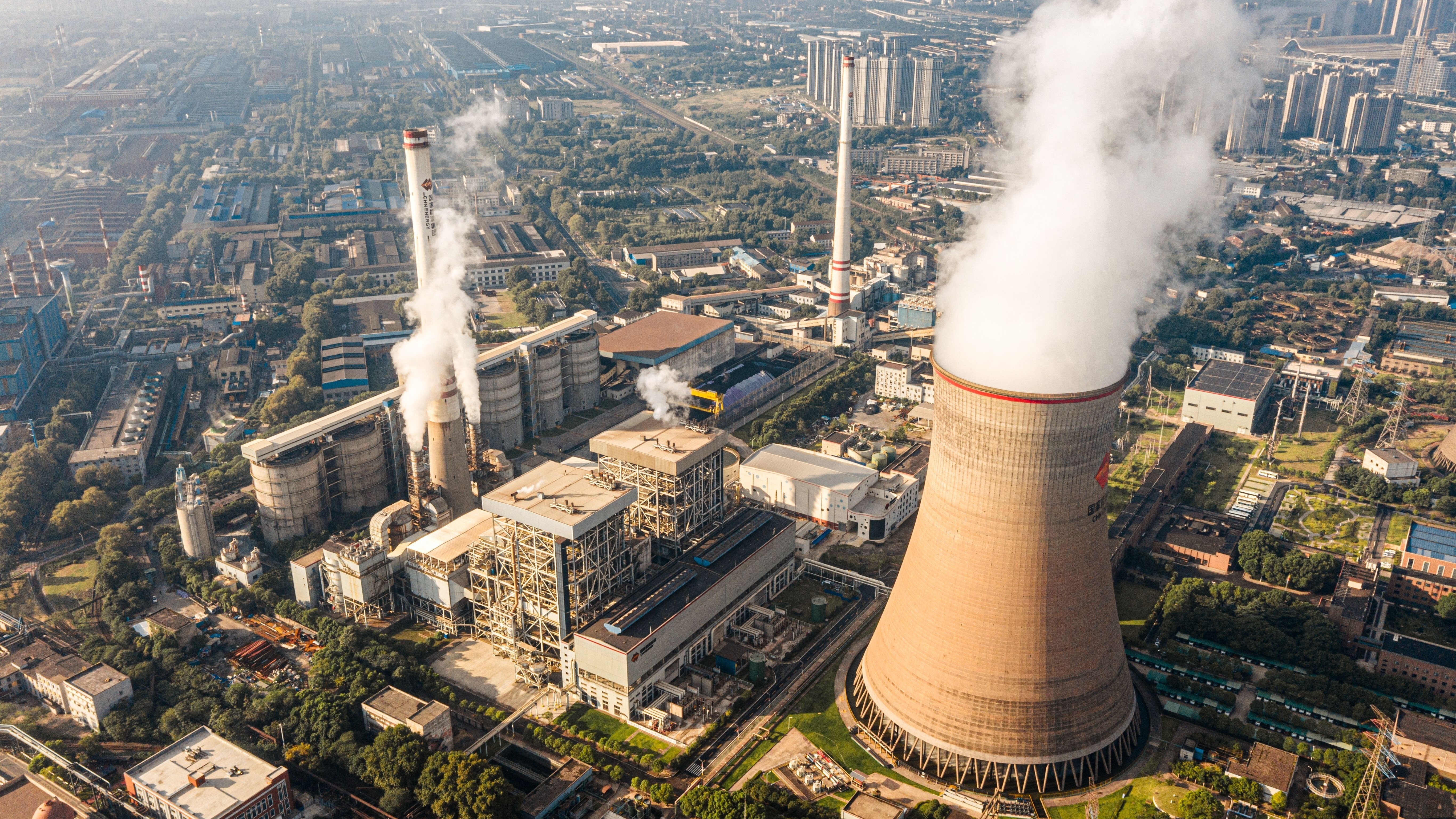
Google just signed a deal with nuclear power startup Kairos Power to buy carbon-free electricity, with a 2030 initial delivery target and full deployment by 2035. According to Google’s blog ‘The Keyword’, the tech giant aims to deliver 500MW of “new 24.7 carbon-free power” to the U.S. power grid.
This move will likely support Google’s push for AI supremacy, especially as data center deployments are already being limited by power availability. The White House has taken notice of this power deficit and has undertaken talks with tech companies about the scale of their power demands. It seems that these talks have borne fruit, especially as Google isn’t the first one to push for small modular reactors as a data center power source.
In early September, Oracle broke the news that it would build three small modular reactors (SMRs) that would deliver at least one gigawatt of power to its AI data centers. Microsoft is also investing $1.6 billion to restart the Three Mile Island nuclear reactor, which the company says will generate more than 800MW.
It’s unclear how Google and Kairos set up the deal — whether the former is providing direct funding or if it just promised to buy the power that the latter generates when its reactors are up and running. Nevertheless, Kairos has already passed several milestones, making it one of the more promising startups in the field of nuclear energy.
For example, it has already received the green light from the U.S. Nuclear Registry Commission (the first one to do so) to build its Hermes non-powered demonstrator reactor in Tennessee. Although it still doesn’t have nuclear fuel on-site, this is a major step in its design process, allowing the company to see its system in real life and learn more about its deployment and operation.
However, Kairos isn’t the only one working on SMR technology, especially as there is massive demand for easily deployable power sources for data centers. Nuclear power pioneer Westinghouse is also working on a micro nuclear reactor that’s easily transportable and deployable, allowing it to deliver an uninterrupted 5MW for eight years.
The AI boom isn’t just driving demand for chips and data centers, it’s also requiring innovations in other industries, like power production and energy transmission. Nevertheless, there are some experts who doubt the viability of the AI business, with some even saying that Nvidia’s AI valuation is a ‘bubble’ and ‘overhyped’ and that over 80% of AI projects will fail. But as long as investments are pouring in, tech companies will push the envelope on AI tech, hoping that they can remain on the cutting edge if and when AI will go mainstream.







